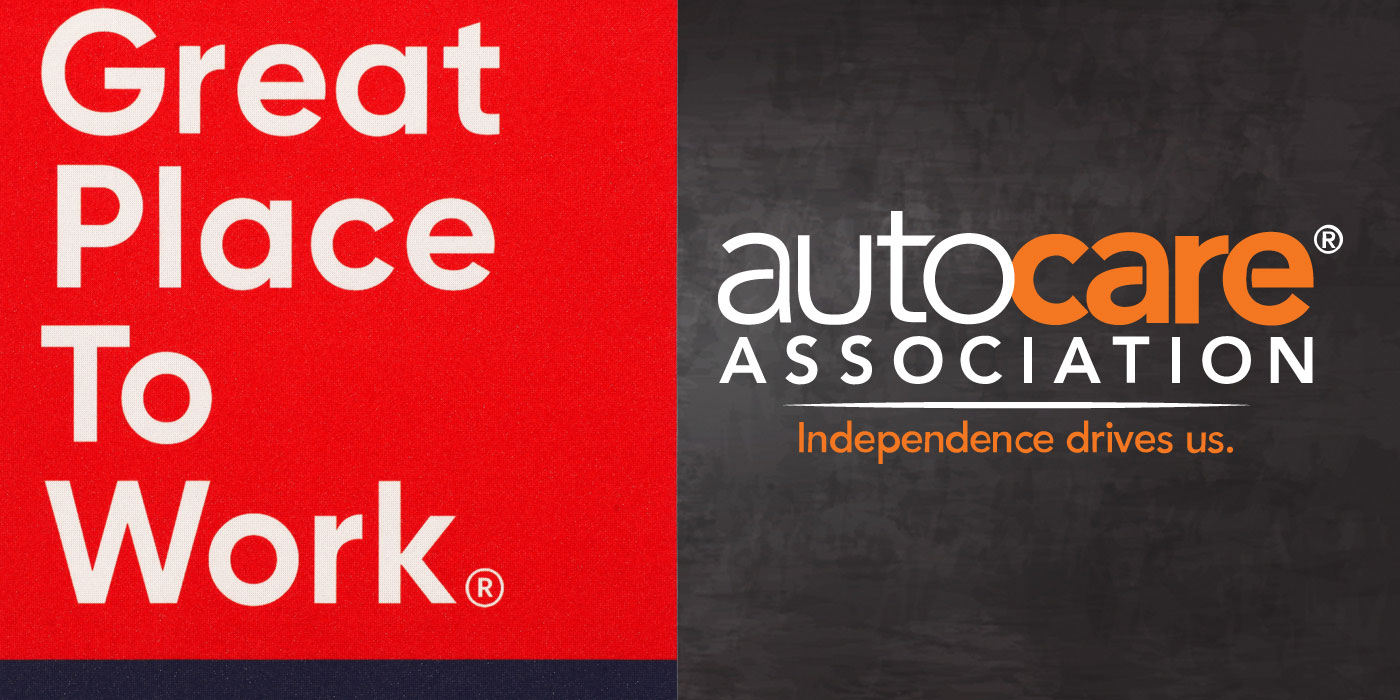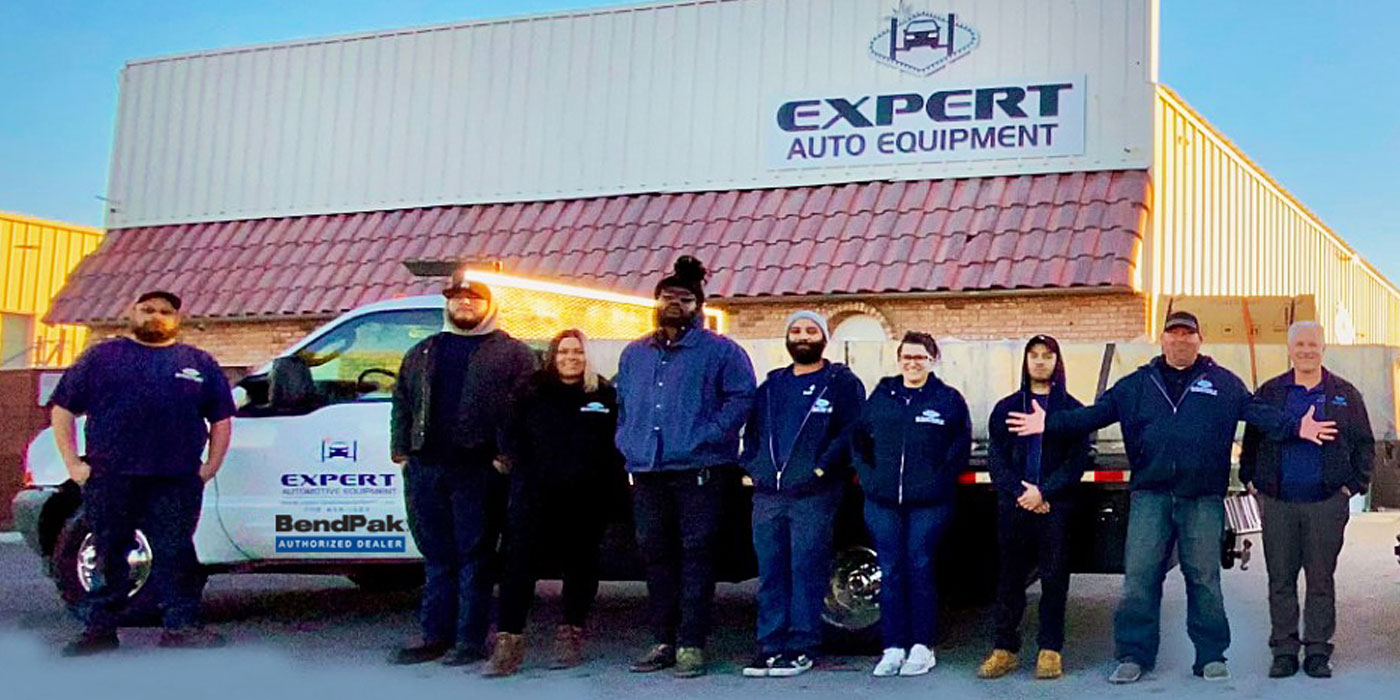Since selling auto parts is very different from selling your store, take some advice: Don’t try it alone.
Over the years, you have built your market share and established your store’s reputation in the community. You have hired, trained and retained excellent employees. You have built customer and vendor relationships that have stood the test of time. Because of this, the value of your business is much more than the value of the parts on the shelves, your computer system, delivery vehicles or your store’s furniture and fixtures.
An important part if selling a business is determining the right price. The correct price for a business is easy to pinpoint: It is exactly what a buyer is willing to pay – not a dollar more or less. Guessing what that amount is can be very difficult.
So, how do you determine a dollar value for your business? Will a potential buyer see your asking price as fair? Will the selling price you set for your business be close to the top price being paid by new buyers entering the small business ownership market?
If you have decided to sell your auto parts store, both you and the buyer want your business to be sold. You both want the process to be as smooth and painless as possible. You both want the transaction to happen quickly. Neither of you wants the word to get out that a possible transaction in is process. Each of you wants the business to stay successful. Furthermore, neither of you wants to get very far into the transaction only to have the deal fall apart.
With so much in common, how could anything go wrong? Simply: The buyer and you are on different sides of the parts counter. You are each looking at the transaction through very different eyes. Each of you is reading and deciphering vastly different clues and nuances about your auto parts business and the terms of the sale.
Differences in Perspective
As the seller, you are looking at the past history of your store, but the buyer is looking to the future. You must use the benefit of hindsight to assist your buyer in seeing how rosy the future of your store can be. The more glowing picture you present of your store’s history, the more shimmering its future will appear. Good sales by customer reports, aged accounts receivable reports, inventory records and current financials go a long way toward helping your prospective buyer (and the bank) understand the potential for the future of your business.
Even if you have been a determined "do-it-yourselfer," selling your business is not one of those things you should attempt to do alone. For even a relatively small auto parts store, there are numerous federal, state and local regulations, plus tax issues to consider. There will also be other extremely important contracts to negotiate. Remember, selling your store is something you will only do once. There will be no opportunity to take a trial run.
Another consideration is the time the process of selling your business will require. The more involved you get with the sale, the less time you’ll have to spend actually managing your auto parts business. At the very time when it is most critical that your business run successfully, you need to concentrate on that and leave the intricacies of the sale to the experts who have completed dozens of transactions.
There are a number of positions on the team of experts that you must fill, although it is possible that the same individual or firm may satisfy more than one of these: accountant; lawyer; business broker; business appraiser/valuation expert; or tax expert.
Not all of these positions need to be filled for every small business sale. Much depends on the size and nature of your company. At a minimum, however, you will need to involve your attorney and your accountant. Even a small sole proprietorship will require an attorney to look over the sales contract to assure that your interests are protected and that you are not needlessly exposed to the potential of liability claims. The sale will also have tax ramifications that must be sorted out, and state laws typically require certain papers to be filed whenever a business sells all or most of its assets. If a partner or a corporation is involved, the complexity of the deal will quickly escalate.
Protect Your Right to Confidentiality
In the course of representing you, the business broker may become privileged to confidential information about you and your business, information that could be damaging if it got into the wrong hands. For this reason, you and your business broker should sign a confidentiality agreement stating that all information about your business is deemed valuable and protected. The agreement, which should be included in your listing agreement, prohibits the broker from disclosing confidential information except to qualified buyers for the purpose of evaluating the acquisition decision. You should have your attorney examine the confidentiality agreement before you sign it.
Using a Business Broker
Clearly, there are instances when you might not actually need a business broker in order to sell your business. You may already have a likely purchaser in mind, perhaps a key employee or a relative. You may have already received unsolicited offers to purchase your business, or you may have decided to place ads in newspapers or trade publications and see if you can "go it alone," without paying a broker’s commission.
On the other hand, if you don’t already have a buyer lined up, you will undoubtedly benefit from the increased exposure to a large pool of buyers that a business broker can provide. More importantly, a business broker can guide you through the process of selling based on experience gained from many similar transactions.
A broker can contact likely purchasers directly and tell them the key facts about your business without "naming names" until the contact has shown definite interest. The broker can also screen interested parties for their apparent financial ability and other criteria specified by you. The broker can save you the time-consuming yet fruitless process of talking to unqualified buyers.
Get a Good Deal
Perhaps the most crucial need for utilizing experts in the sale of your auto parts business is the matter of setting an equitable selling price. The role of the business appraiser or valuation expert is a job that might be filled by your accountant, by a business appraiser, industry expert or by a specialist (usually a CPA) that you hire specifically for this purpose. You may also rely on your business broker’s expertise for an assessment of the value of your business.
The value of your business depends on a large number of interrelated factors. If you want to assure that you receive the full value of your business without setting the price so high that it drives away potential buyers, you really need the analysis of an industry expert. More importantly, when buyers question your price during the negotiation process, it is helpful to be able to point out the precise reasons for the value of your business.
Professional Fees
As you might expect, there is a fee for using a business broker or other agent. In most situations, you will be expected to sign a listing agreement, which will fully outline the fee schedule. In most cases, business brokers’ fees are contingent, meaning that they are paid only if and when the business is sold.
A business broker’s fees may range from 8 to 12 percent of the sales price for a smaller business. However utilizing the services of an industry association or aftermarket resale network can provide you with confidentiality, business valuation, marketing and assistance in meeting a financially qualified buyer at substantial savings.
Next month, this four-part series will conclude with a look at the important tax ramifications of selling your business.










